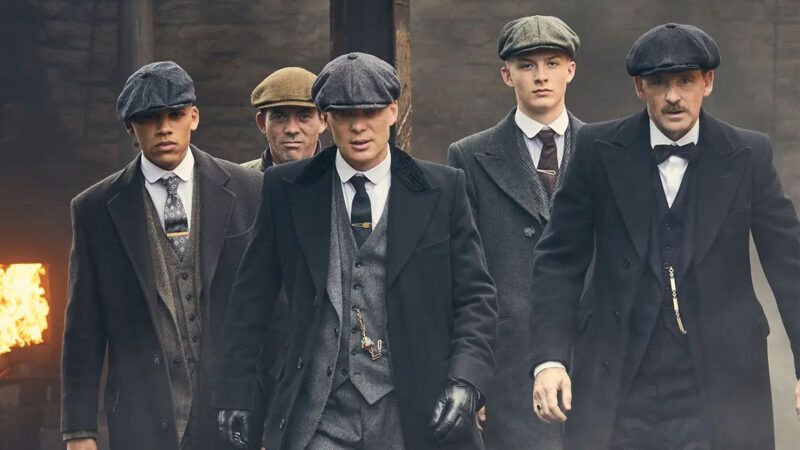Review: Prohibition Makes for Good TV but Bad Government Policy
Peaky Blinders reminds us that when the government bans or artificially limits a resource, control of that resource often gets decided through violence.

The Peaky Blinders gang looks just as badass in the final season of their British crime drama (Peaky Blinders, available on Netflix in the U.S.) as it did in the first. There's plenty of smoking, drinking, fighting, shooting, scheming, drugs, suits, flat caps, and undercut haircuts to go around.
During the show's run, the gang, led by the Shelby family, has gotten rich through violence and exploitation of government connections and actions. It first made its wealth through a technically legitimate gambling business—acquired, however, through violence against a prior operator.
Thomas Shelby picks up some useful export licenses—and saves four family members from the noose for several murders and other crimes—by performing assassinations for Winston Churchill. In the latest season, the Shelbys use former Prohibition smuggling networks to ship opium to the United States. Politically, Thomas maintains his facade as a Labour M.P. who secretly works with Conservatives to undermine fascists but seems like more of a socialist himself.
When the government bans or artificially limits a resource, control of that resource often gets decided through violence—and the Peaky Blinders are good at violence. As one character says, "How many men do you think they killed with bullets and blades? That's how Tommy became king." It makes for stylish, gripping TV, but it'd be better in real life if the government allowed peaceful exchange instead.



Show Comments (6)